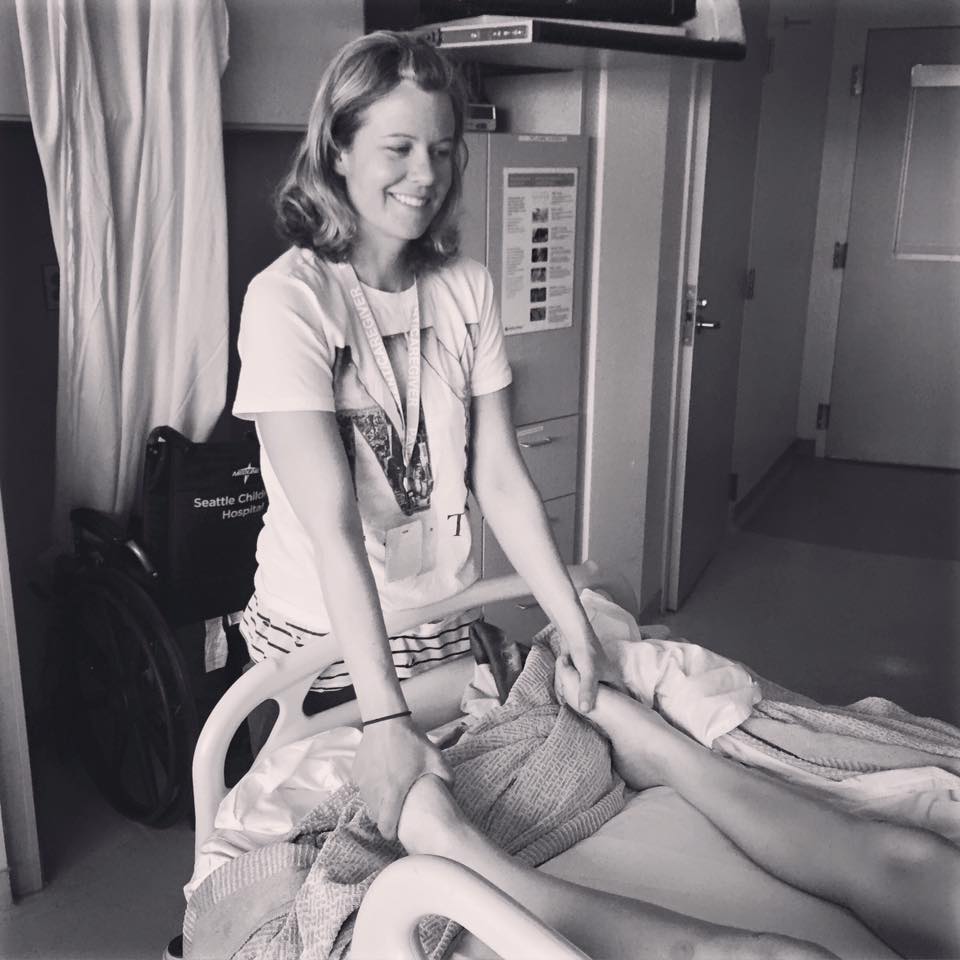Anchoring Eyes

We were changing some wound dressings today and I cringed a little and squinted my eyes.
Quincy immediately said, "What??"
I forgot for a second how much he looks to my reactions to determine where we are.
He watches me when the doctors are talking. He watches me when I do his care or when someone else is working on him.
He's looking to me to answer the question....am I still OK?
The answer to that question for him is not found in the medical explanations that happen constantly around him. He looks for it in my face.
It's exaggerated during this kind of stuff...a medical trauma of sorts. But I think it's always true of our teenagers.
When they replay the story of what happened at school or at the game...they are watching our faces. Where do we land? Am I still safe here? How much weight do I give others opinions of me? Do I need to panic? Should I be angry? Am I OK?
They've made some mistakes...big and little..and they are looking at us. Will your face continue to light up when I come in the room? Am I OK?
I think this is part of what has made these weeks so exhausting. This is what has made the last 7-8 years so exhausting. Because we may be looking straight at a brutally broken body of our child...with incisions and open wounds and stitches and tubes...and our face must confidently portray, "You're OK, buddy."
Or we may be looking at our kiddos with less obvious physical wounds, but carrying the weight of emotional wounds from friends or teachers or coaches or peers. And we have to look straight at it, manage our own reactions so that we can say confidently, "You're OK, buddy."
It's hard work, Mamas.
And like Kelly Corrigan says, "the reason my mother was so tired all the time wasn't because she was doing so much but rather because she was feeling so much."
We are feeling it all.
And yet we are anchoring them with our eyes that are ever saying, "You're OK."